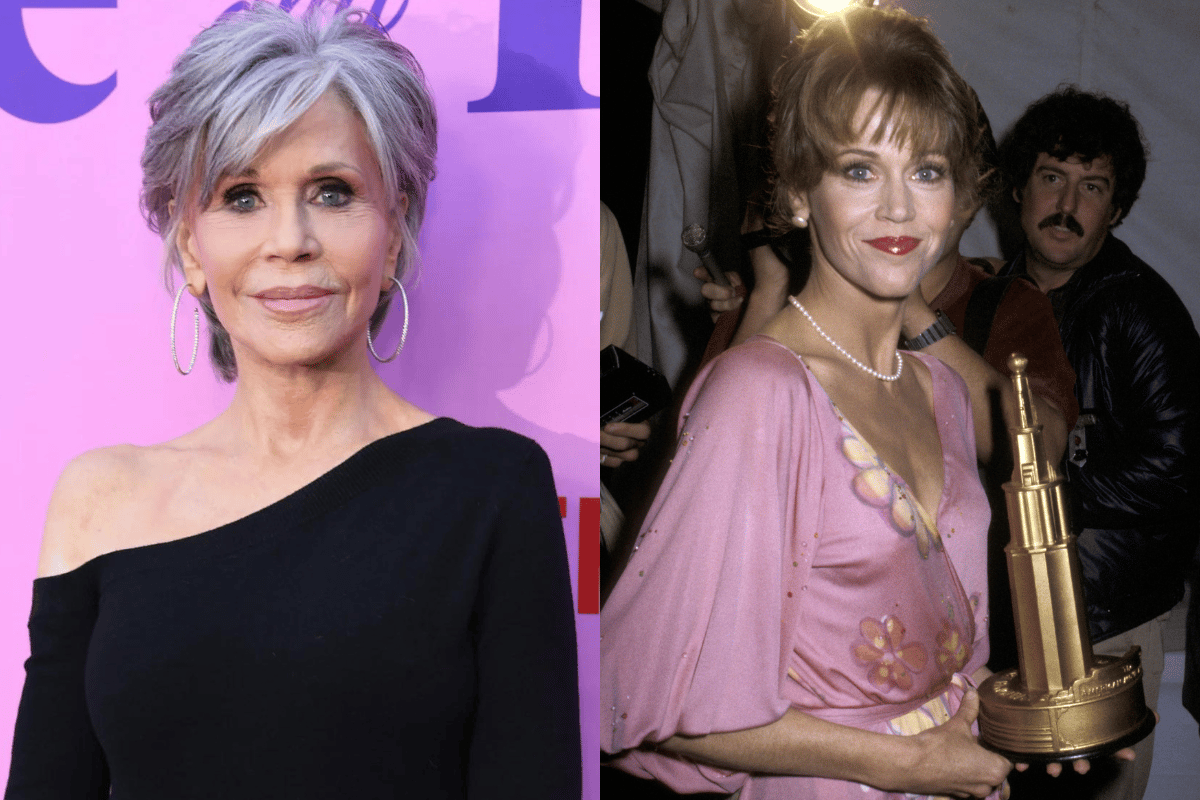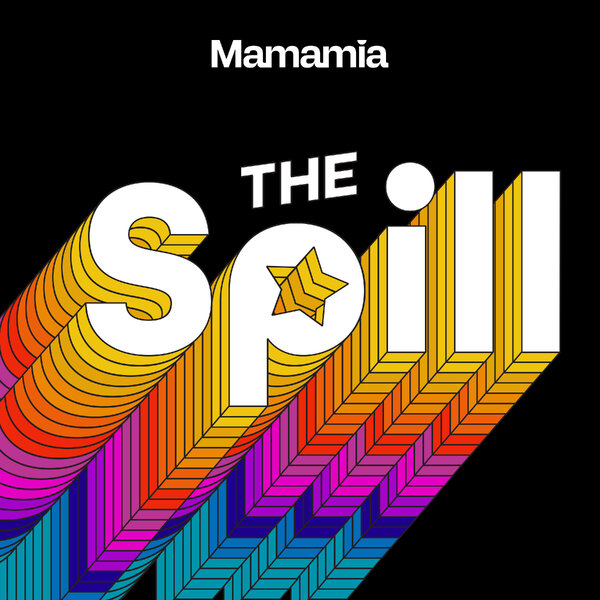
Content warning: This post includes descriptions of disordered eating and suicide that may be distressing to some readers.
In her early years, Jane Fonda's career was going from strength to strength.
Fonda was a successful actor and had a best-selling workout video. She had been born into a life of privilege - the daughter of famous actor Henry Fonda and Canadian socialite Frances Ford Seymour.
But behind the scenes, it wasn't picture perfect.
Watch Lily Tomlin and Jane Fonda being interviewed. Post continues below.
This week, Fonda opened up about her struggles with an eating disorder, sharing on the Call Her Daddy podcast that it became a "terrible addiction".
Fonda was often cast as 'the girl next door' - the woman with the 'perfect' hair and body who would always get the guy.
It was a role that made her "miserable".
"I didn't enjoy it, I kept wanting to quit. I never felt like the girl next door, but I know that I kind of looked like it. I was suffering with an eating disorder. I was bulimic/anorexic," she said.

